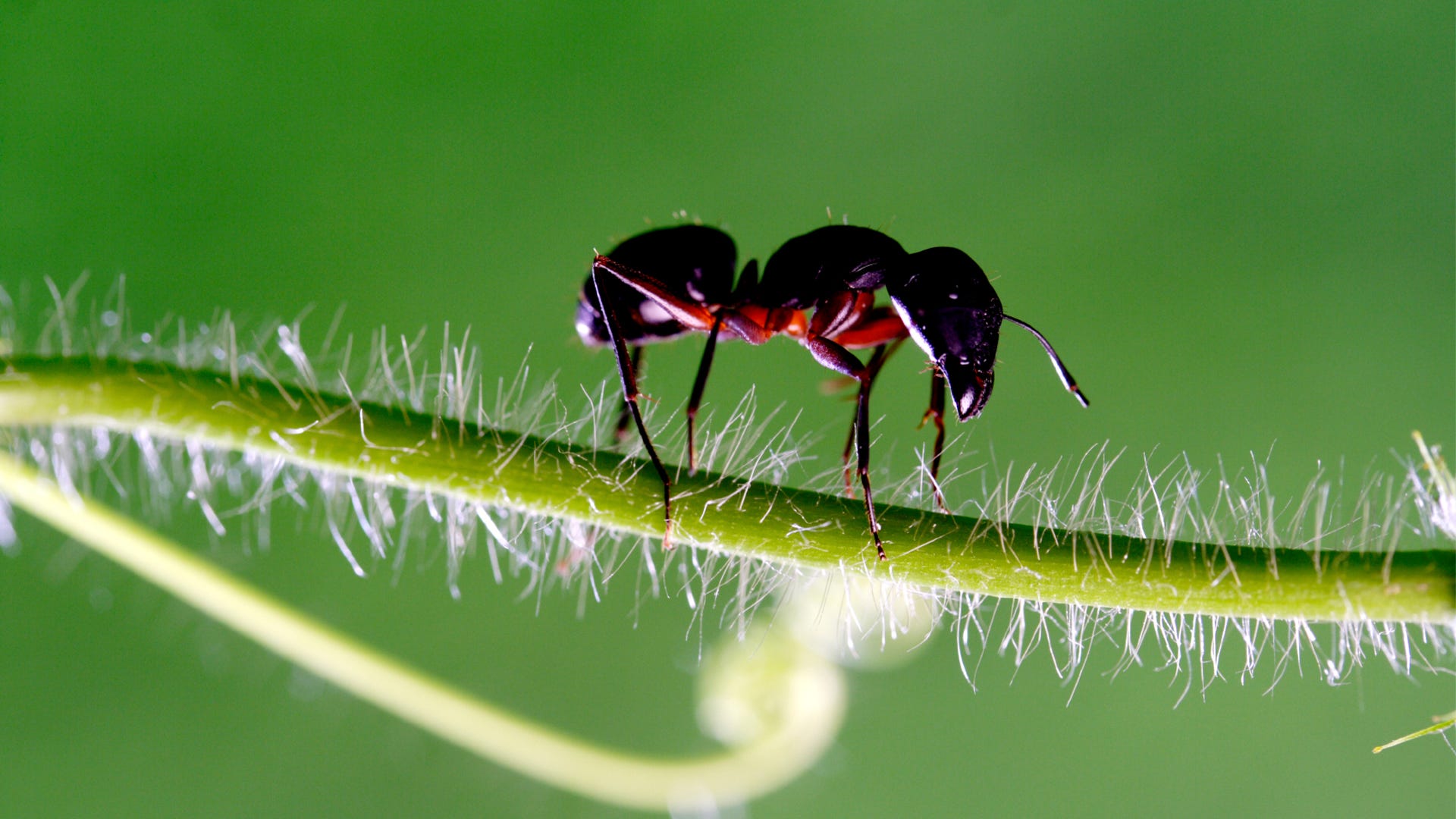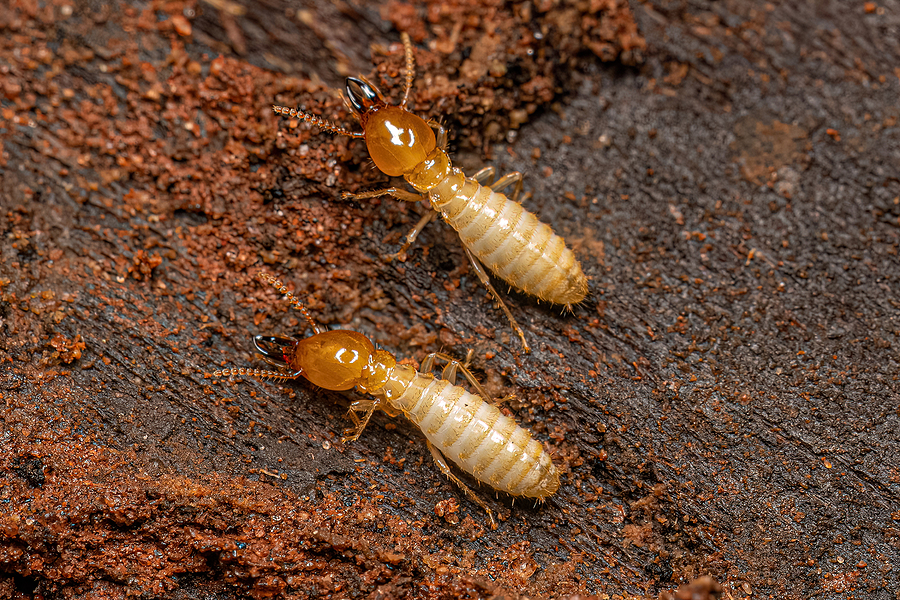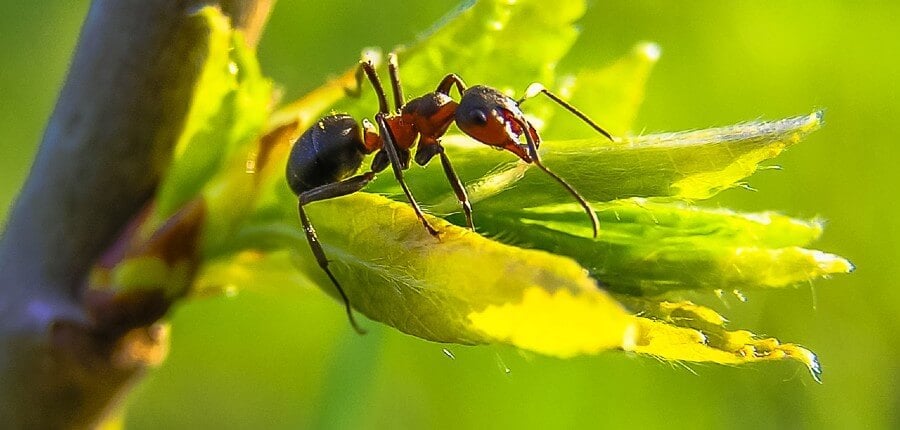Expert Ant Control Services: Custom-made Treatments for Lasting Results
Expert Ant Control Services: Custom-made Treatments for Lasting Results
Blog Article
Ecological Effect of Pest Control: Harmonizing Efficiency With Sustainability
The ecological impact of bug control is a critical issue that calls for a fragile balance between accomplishing performance in ensuring and taking care of bugs sustainability of our communities. As we make every effort to shield our crops, homes, and wellness from the threats presented by pests, the techniques we employ can accidentally hurt the environment. From the usage of hazardous chemicals that seep into our dirt and water to the unplanned repercussions on non-target varieties, the consequences of conventional pest control techniques are far-ranging. There are emerging techniques that provide hope for a much more sustainable strategy to pest management. These options not only purpose to attend to the instant insect problems but also think about the long-term health and wellness of our earth.
Damaging Chemicals in Parasite Control
The usage of hazardous chemicals in parasite control presents significant environmental and health and wellness risks that necessitate cautious factor to consider and mitigation techniques. Pesticides, pesticides, and herbicides are generally made use of to eradicate insects, yet their widespread application can lead to unexpected effects. These chemicals can infect dirt, water resources, and the air, impacting not only the targeted insects yet likewise helpful pests, wild animals, and people.

To address these risks, integrated insect administration (IPM) strategies are being promoted as a much more lasting choice. IPM entails a mix of approaches such as organic control, environment control, and the targeted use chemicals as a last option (ant control concord nc). By taking on an all natural approach to pest control, we can reduce the environmental and wellness effects related to unsafe chemicals while effectively managing pest populaces
Effect On Non-Target Species
Considering the unintended repercussions of bug control methods, the influence on non-target varieties is an important aspect that needs complete analysis. While pest control steps intend to target details parasites, various other organisms in the ecosystem may be unintentionally affected. Non-target species, consisting of valuable bugs, birds, mammals, and even plants, can experience indirect or straight damage from chemical applications or organic control approaches.
Insecticides created to deal with a certain insect bug might hurt pollinators like or natural predators such as ladybugs. Biological control agents, if not species-specific, can position dangers to unplanned targets, disrupting the environmental equilibrium.
To reduce the effect on non-target varieties, incorporated bug administration (IPM) strategies that emphasize a holistic approach to pest control are recommended. These methods prioritize the use of ecologically pleasant techniques, reducing damage to beneficial microorganisms while efficiently taking care of pest populations. Performing extensive threat analyses and monitoring the results of insect control efforts are vital action in guarding non-target types and promoting total environment health and wellness.
Soil and Water Contamination
Unplanned environmental consequences of parasite control techniques extend past affecting non-target species, with substantial effects for dirt and water contamination. Chemicals, herbicides, and chemical fertilizers utilized in insect control can seep into the soil and contaminate groundwater, positioning a threat to both marine and earthbound communities. Dirt contamination can interfere with the equilibrium of microorganisms important for nutrient biking and plant development, leading to lowered dirt fertility and performance. Moreover, these chemicals can persist in the setting for extensive durations, building up in the soil and potentially getting in the food cycle.
Water contamination is one more important problem connected with pest control practices. Runoff from agricultural fields treated with chemicals can carry these chemicals right into nearby water bodies, impacting water organisms and water quality. Pollutants in water resources can have significant repercussions, influencing not only aquatic life but also human health through the consumption of contaminated water or aquatic organisms. To mitigate soil and water contamination from insect control activities, incorporated insect monitoring strategies that prioritize sustainability and lessen chemical inputs are important.
Air Pollution From Chemical Usage
Direct exposure to air-borne pesticides during farming applications presents a substantial concern for air pollution control steps. They can volatilize right into the air and type unpredictable natural compounds (VOCs) and various other airborne toxins when pesticides are splashed onto crops - ant control. These chemicals can add to the formation of ground-level ozone, a significant part of smoke that can have destructive results on human health and wellness, plant performance, and total air top quality. Additionally, pesticide drift, where pesticides are brought by the wind to unintended areas, can lead to the contamination of nearby environments and water bodies.

Methods for Sustainable Parasite Control
In the realm of agricultural techniques, applying lasting bug control techniques is paramount for keeping eco-friendly balance and guarding plant returns. Sustainable bug control stresses using eco-friendly techniques to take care of insect populaces efficiently while lessening injury to non-target microorganisms and ecosystems. Integrated Insect Monitoring (IPM) is a commonly taken on method that incorporates biological, cultural, physical, and chemical control techniques to attain long-term bug management remedies.
One trick technique in lasting bug control is promoting biodiversity within agroecosystems. By improving natural enemies of insects, such as predators and parasitoids, farmers can reduce the demand for synthetic pesticides. Crop rotation and diversification are also efficient strategies to interrupt pest life cycles and produce less beneficial conditions for bugs to thrive. Additionally, using pest-resistant crop varieties and utilizing strategies like trap cropping can help in reducing parasite pressure without relying heavily on chemical interventions. Ultimately, by incorporating these sustainable bug control approaches, farmers can accomplish a balance between pest administration performance and ecological stewardship.
Verdict
In conclusion, the ecological impact of bug control methods should be thoroughly thought about to stabilize performance with sustainability. Harmful chemicals used in bug control can bring about dirt and water contamination, air pollution, and damage non-target species - ant control. It is critical to execute sustainable parasite control strategies to decrease these adverse effects on the environment and promote a healthier ecological community for future generations
By embracing a holistic technique to pest control, we can lessen the environmental and health and wellness influences associated with harmful chemicals while successfully managing pest populations.

To mitigate the air contamination triggered by chemical usage, it is essential to embrace incorporated insect management approaches that prioritize the use of check my reference non-chemical parasite control methods, such as crop rotation, natural killers, and immune crop selections. Sustainable pest control stresses the usage of environmentally friendly techniques to take care of bug populations properly while minimizing injury to non-target organisms and environments. Integrated Bug Management (IPM) is a widely taken on technique that incorporates biological, cultural, physical, and chemical control approaches to achieve long-term pest administration solutions.
Report this page